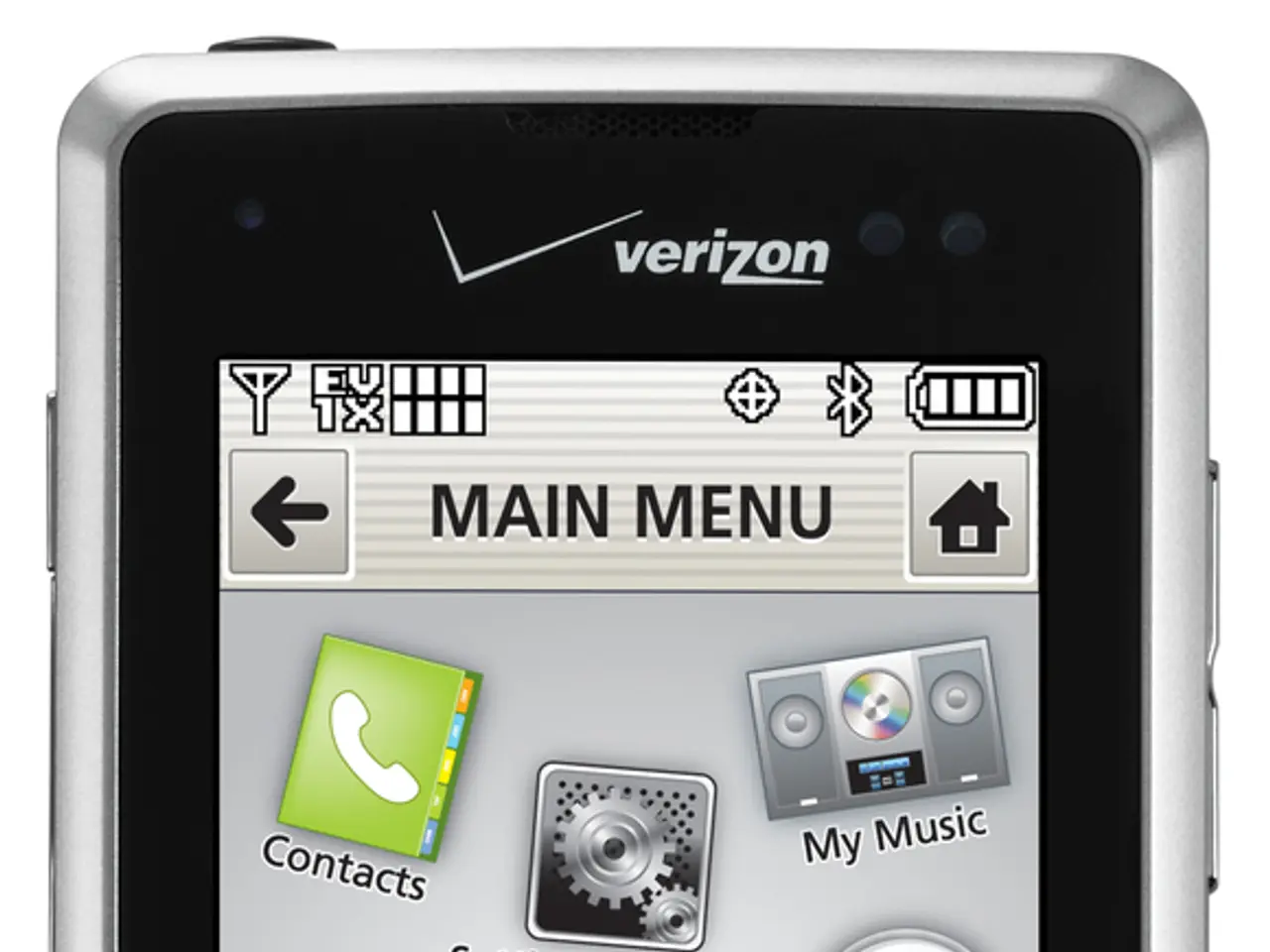App Development Choices: White Label vs Customized Solutions for Your Agency
In today's fast-paced digital world, mobile apps have become a crucial tool for businesses and customers alike. For agencies looking to capitalise on this trend, white label app development offers a promising and profitable opportunity.
White-label app development is a process where agencies outsource everything from research to product development, updates, and maintenance to a third-party solution or platform. This approach allows businesses to get apps and add-on services at a reasonable price, offering faster project development cycles, reduced costs, and the ability to cater to customer demands without worrying about infrastructure transformation.
The Pros and Cons of White Label App Development
White label app development comes with several advantages, such as:
- Development Time: Much faster to launch—weeks or a few months, since it’s built on a pre-existing platform.
- Cost: Lower upfront cost and reduced development expenses.
- Scalability: White label solutions are affordable, enabling financial freedom for businesses.
- Brand Identity: Generic or limited UI/UX customization, mostly branding elements.
- Suitability: Ideal for startups, small businesses, or quick market entry.
However, it's important to note that white label app development also has its limitations:
- Customization: Limited to basic branding and configuration; core features usually fixed.
- Control & Ownership: Limited control over updates, security, and future features; vendor-dependent.
- Suitability: Not always suitable for businesses needing unique, complex functionality and scale.
- Vendor Lock-in: High dependency on third-party provider and limited freedom to switch.
The Balance Between White Label and Custom App Development
The choice between white label and custom app development depends on factors like budget, availability of talent and resources, targeted audience, their expectations, end goals, and more. Some businesses use hybrid approaches—starting from white-label cores but adding custom modules—to balance speed, cost, and custom needs.
In conclusion, white label app development is a great alternative to custom app development for businesses that prioritize on-time project delivery and resource optimization. It's the way forward for fast, flawless, and affordable solutions in a highly competitive environment. By offering white-label app development services, agencies can grow by offering affordable, fast, and advanced app development solutions and solving complex business problems in a fast-track environment.
Agencies looking to provide affordable, fast, and advanced app development solutions can leverage white-label app development for businesses that prioritize on-time project delivery and resource optimization. However, these solutions may need further customization if businesses require unique, complex functionality and scalability beyond basic branding and configuration, necessitating a balance between white-label and custom app development. In the finance sector, for instance, a custom approach might be more suitable due to the intricate requirements and regulations involved.




